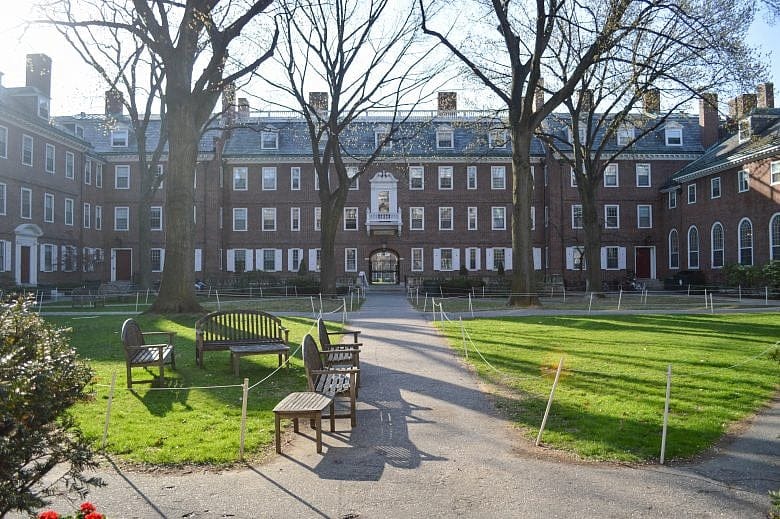Harvard slaps down Final Clubs with leadership ban

CAMBRIDGE – Harvard University imposed harsh penalties on off-campus social groups Friday, targeting all-male Final Clubs – some that are centuries old – in the latest attempt by administrators to deal with a purported epidemic of sexual abuse at the Ivy League institution.
Future members of exclusive single-sex social clubs, including fraternities and sororities, will be barred from leadership posts in school-supported groups, including sports teams. They'll also be passed over in recommendations for prestigious post-graduate fellowships such as the Rhodes and Marshall scholar programs in the U.K., according to letters released Friday by President Drew Faust and Dean Rakesh Khurana detailing the sanctions.

